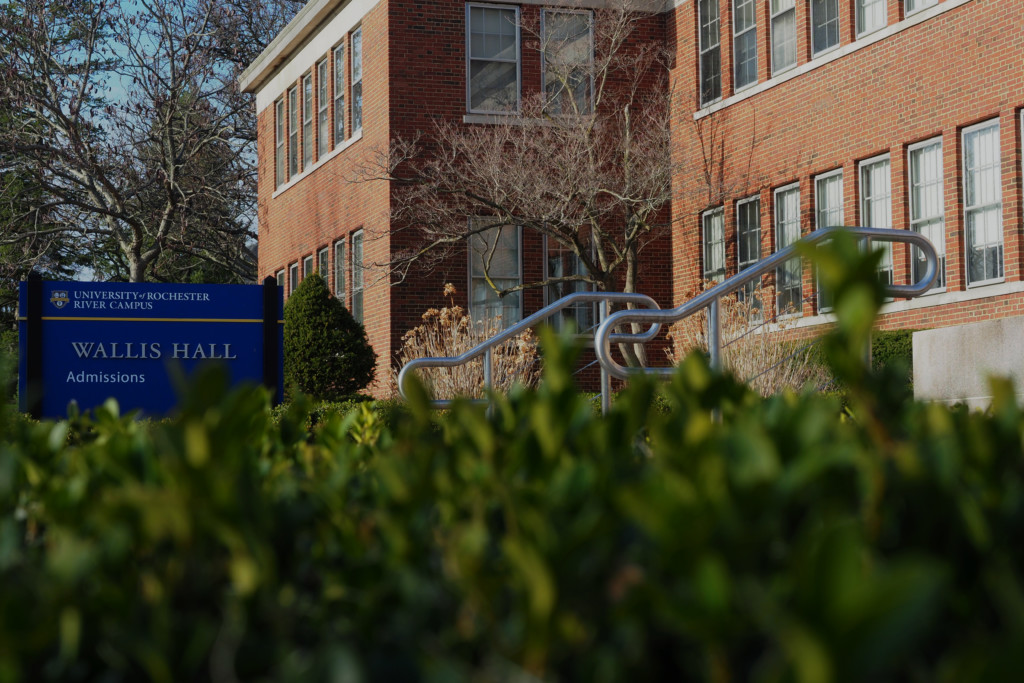An email sent by the administration on March 15 announced that “[the] tuition rate for students in the College will increase by 1.9 percent over last year, to $58,276.” Room and board will also face a 1.9 percent increase to $17,388.
According to Chief Financial Officer Holly Crawford, the yearly tuition rate is determined “based on the projected financial needs of AS&E in the upcoming year, as well as the expected number of enrolled students.” These needs are presented in a proposal, where a “careful evaluation of available revenue sources, operating costs, and efficiencies” is given.
Tuition money usually goes toward programs, services, and facilities, including “the ability to provide students an education from faculty who are experts in their fields,” Crawford wrote in an email to the Campus Times.
In an effort to combat potential financial hardship caused by the pandemic and rising tuition rates, Crawford said that financial aid will also be raised to $147 million, an increase of 3.6 percent.
“The increase assists us in achieving and maintaining important diversity and quality goals, as well as ensuring that no student is prevented from attending [UR] for financial reasons,” Crawford said in response to concerns regarding the tuition’s impact on low-income students.
However, not all students agree that providing access to financial support is enough to stabilize concerns for low-income students.
“[The rising tuition rates have] indirectly affected me in the sense that some of my friends had to leave the University because of the tuition increase,” sophomore Judy Monickaraj said. “Which is frustrating [because] that shouldn’t be a reason why someone has to leave [UR] or college in general.”
Students also said that they wanted the University to be more transparent about where and what the budget is going toward.
“If you’re going to uptick students in the financial realm, there needs to be more clarity on where that money’s going,” sophomore Andre Tulloch said. “I definitely want to see where that money is going in terms of the partnerships the University says it has with community organizations. I want to know what it’s looking like in terms of supporting staff members during this time. I want to know how it’s looking through supporting students through Basic Needs Hub or even through financial aid increases.”
Monickaraj shared similar sentiments.
“I honestly have no idea where the money is going towards,” she said. “I hope it would go towards […] resources for people who are remote […] so that people who are remote can have just as good of a learning experience.” Monickaraj later added that she would also like to see the money go toward community safety and COVID-19 precautions.
When asked how UR would manage family/student financial stress in response to the tuition increase, Crawford said that financial aid officers will be available to meet with both students and families.
“Our financial aid officers are always available to speak with students and families and receive and evaluate appeals, especially under the circumstances of recent financial hardship,” Crawford said.
For more information regarding the tuition for this fall, make sure to check out this website.



